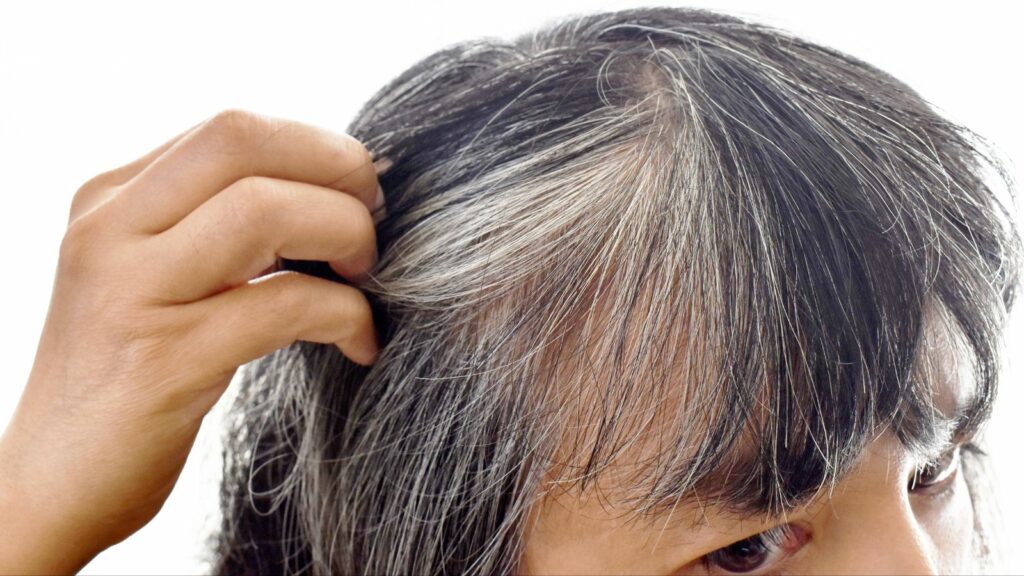Aging is a natural part of life that we all have to go through, but there’s many surprises that can catch you off guard. While we may be prepared for the wrinkles and gray hair, there are many unexpected realities that come with getting older. We look at 16 eye-opening truths about aging that nobody warns you about:
Your Social Circle Will Shrink

As you age, your social circle often becomes smaller and maintaining friendships can become more difficult. People move away, grow apart, or pass on and you may find yourself spending more time alone. Cultivating meaningful relationships takes more effort, but is crucial for your emotional well-being.
Sleep Patterns Change

Many people experience changes in their sleep as they age. You might find yourself waking up earlier, struggling to stay asleep through the night, or needing naps during the day. The body’s internal clock, or circadian rhythm, shifts over time, often leaving you feeling more tired even with enough hours of rest.
Aches and Pains Become a Part of Life
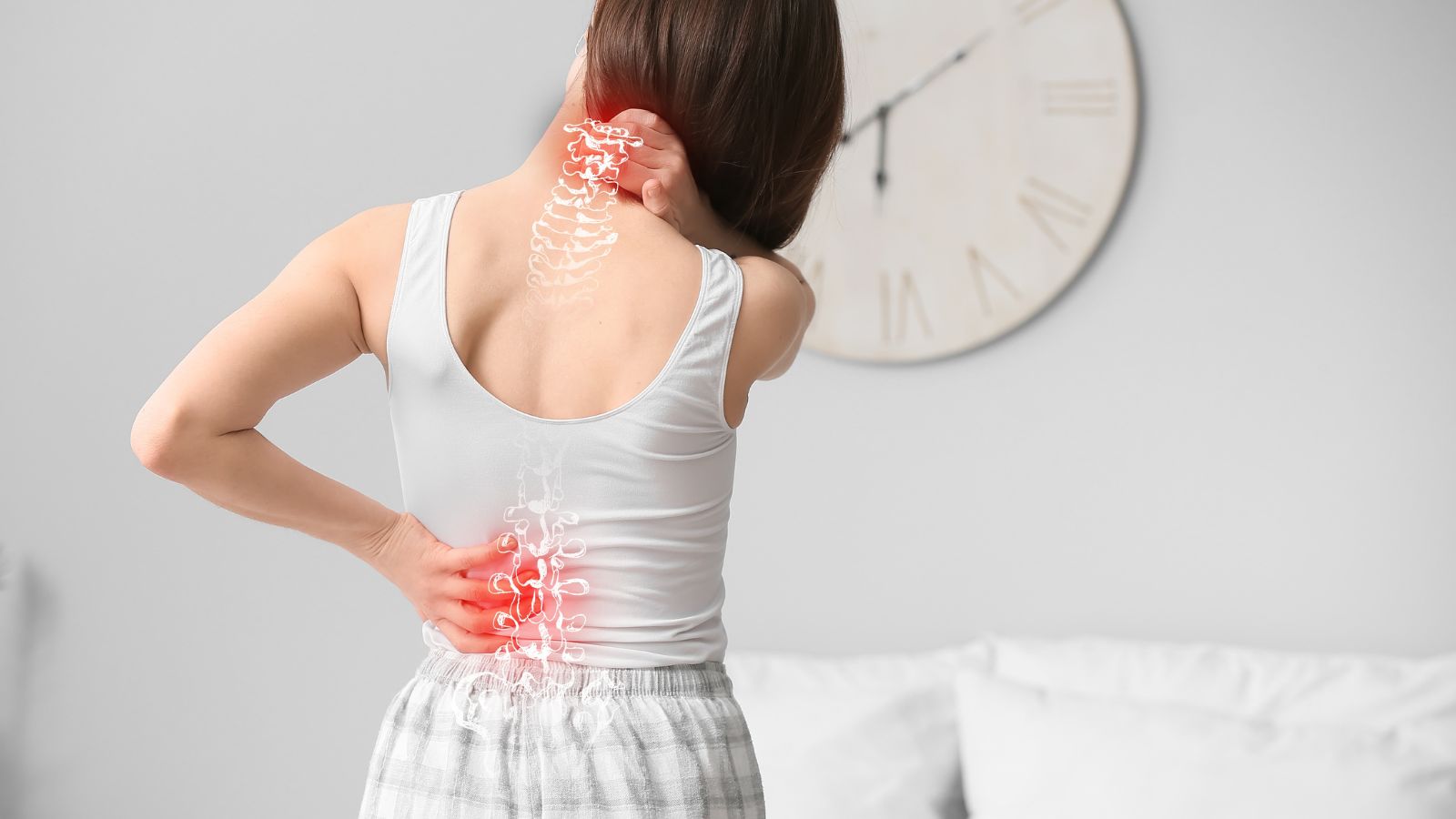
One of the most common but often overlooked aspects of aging is the increase in daily aches and pains. Joint stiffness, back pain and muscle soreness can become more frequent due to wear and tear on the body, leading to a new normal of managing discomfort.
Your Metabolism Slows Down
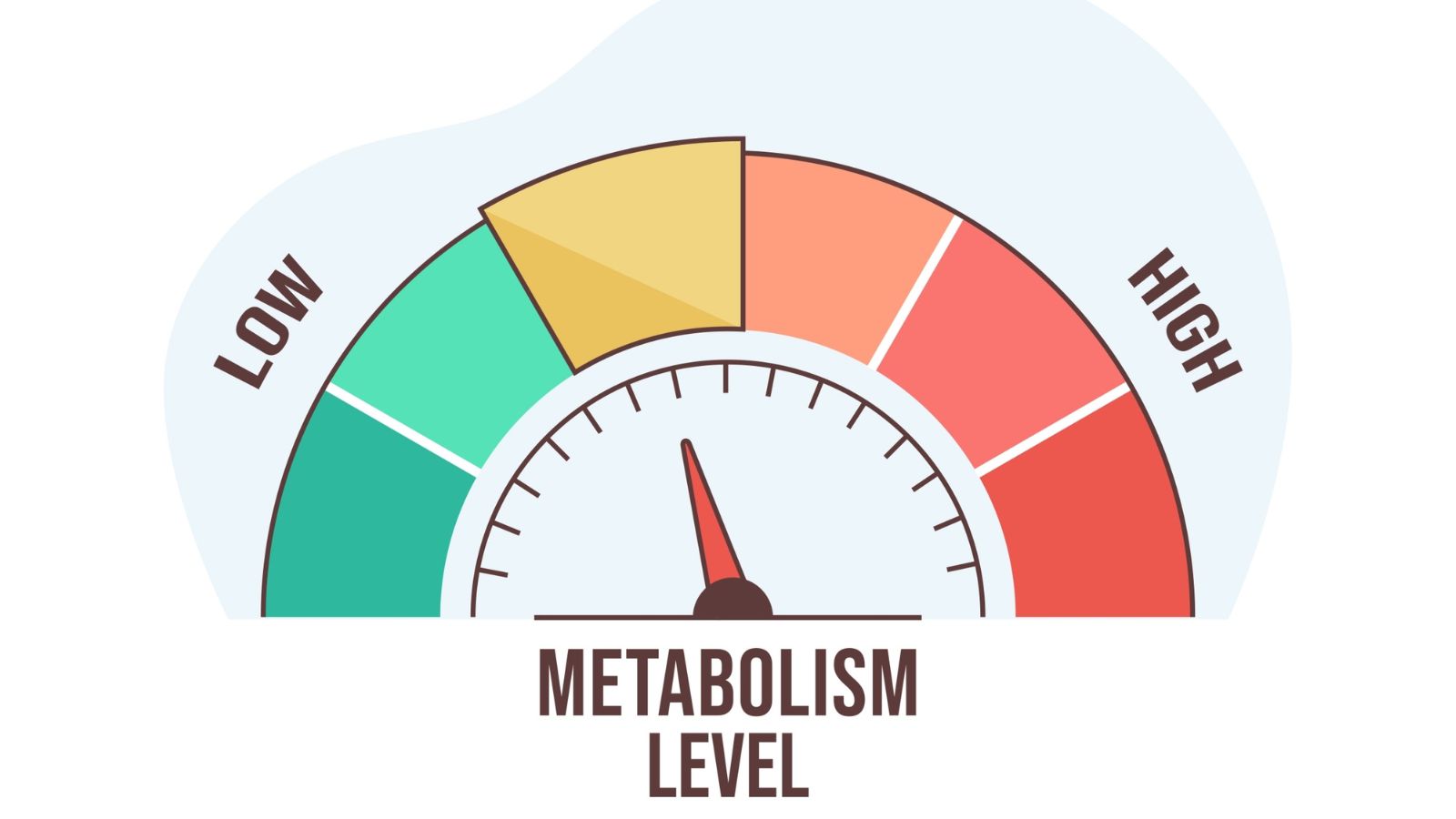
As we age, our metabolism naturally slows, making it easier to gain weight and harder to lose it. Muscle mass decreases and fat becomes more challenging to burn off. With a change in metabolism, it’s important to be more mindful of your diet and exercise routine to maintain a healthy weight in your older years.
Your Memory Becomes Less Reliable
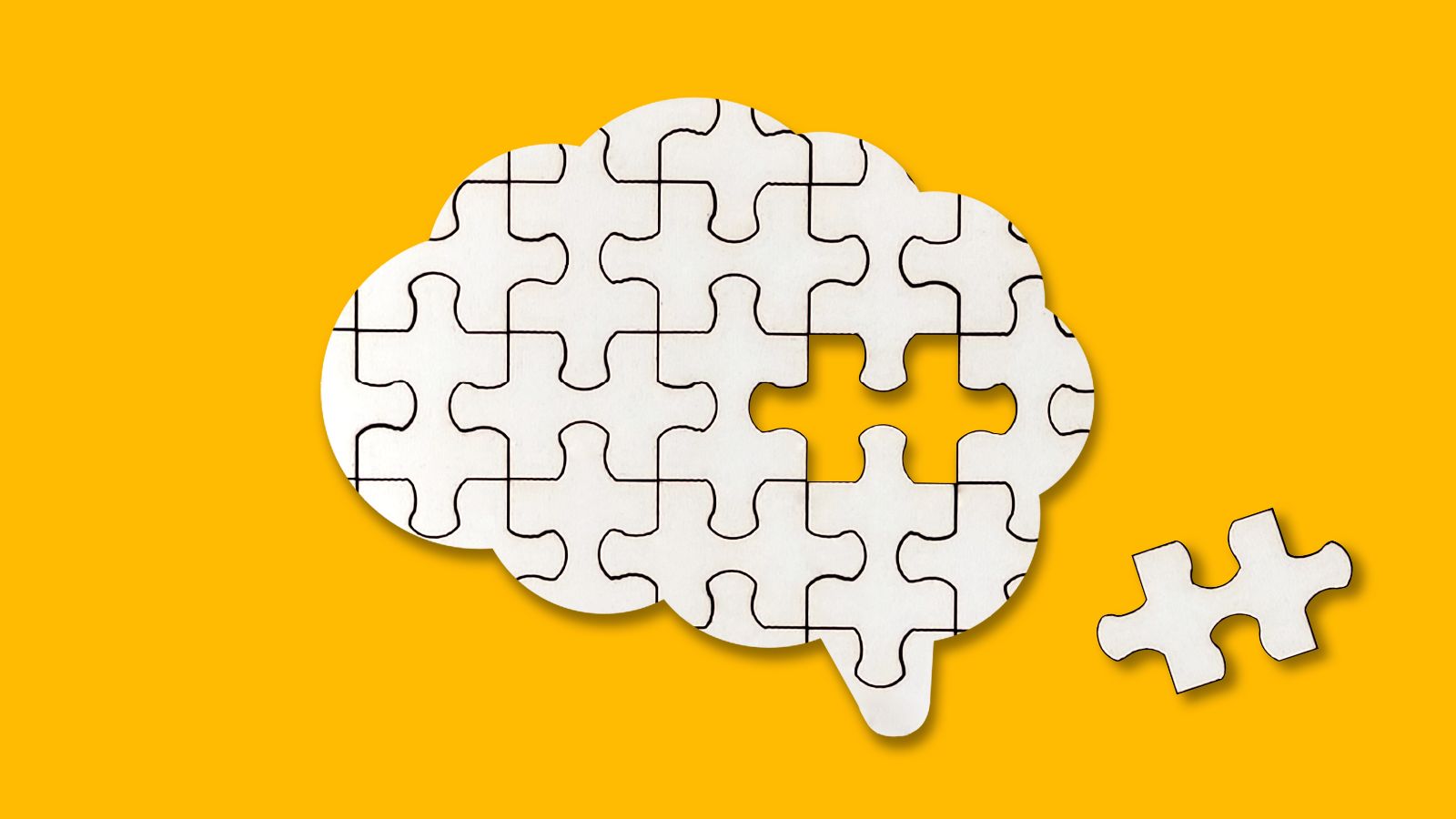
Aging can affect cognitive functions, including memory. While not everyone experiences significant memory loss, you may find it harder to recall names, dates, or simple details. This mental fog can be frustrating but is a common part of the aging process.
You’ll Care Less About What Others Think

One of the more liberating aspects of aging is caring less about other people’s opinions. As you grow older, your priorities shift and many people report feeling more confident and less self-conscious.
Loneliness Kicks In
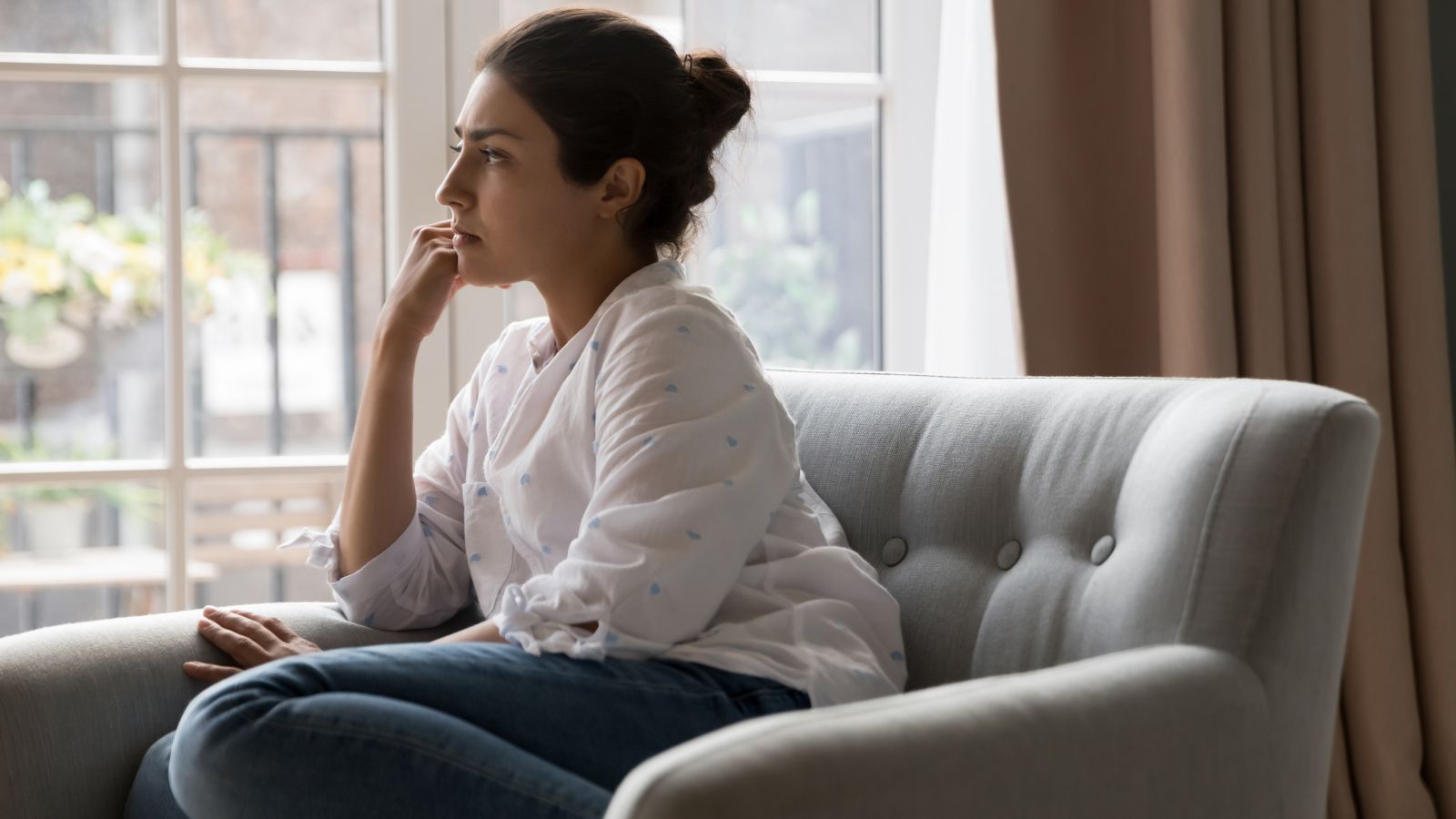
Loneliness can slowly creep in as you age, especially if you live alone or have lost a partner. With less interaction in the workplace or at social events, isolation can affect your mental and physical health. Whenever you can, stay connected with family, friends and visit local community groups to combat feelings of loneliness.
Skin Becomes More Fragile and Dry
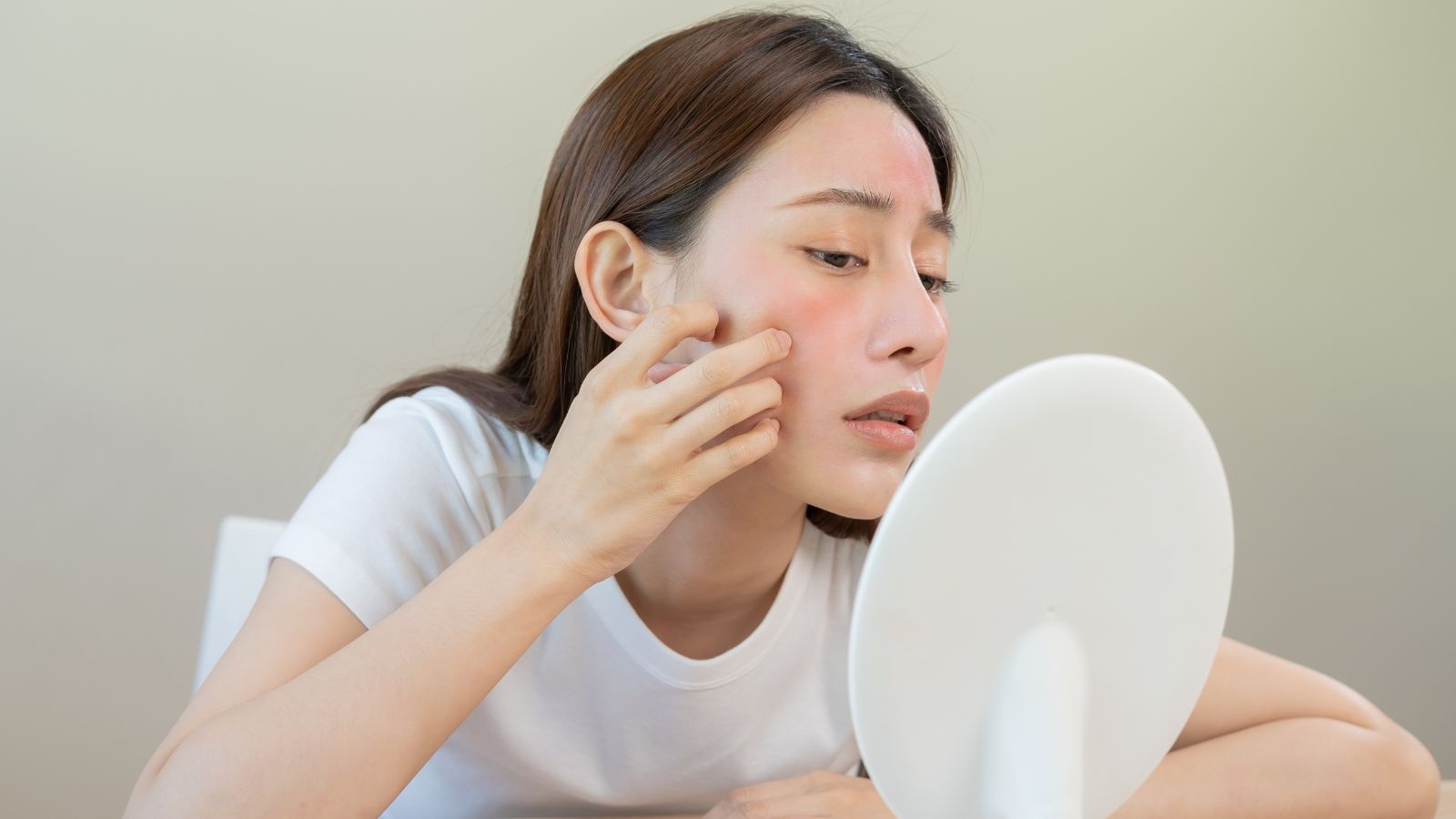
With aging comes changes in skin texture. Skin loses elasticity, becomes thinner, and is more prone to bruising, dryness and irritation. Wrinkles and age spots are common, but the skin’s overall sensitivity also increases, requiring gentler care and hydration.
It’s Harder to Bounce Back from Illness
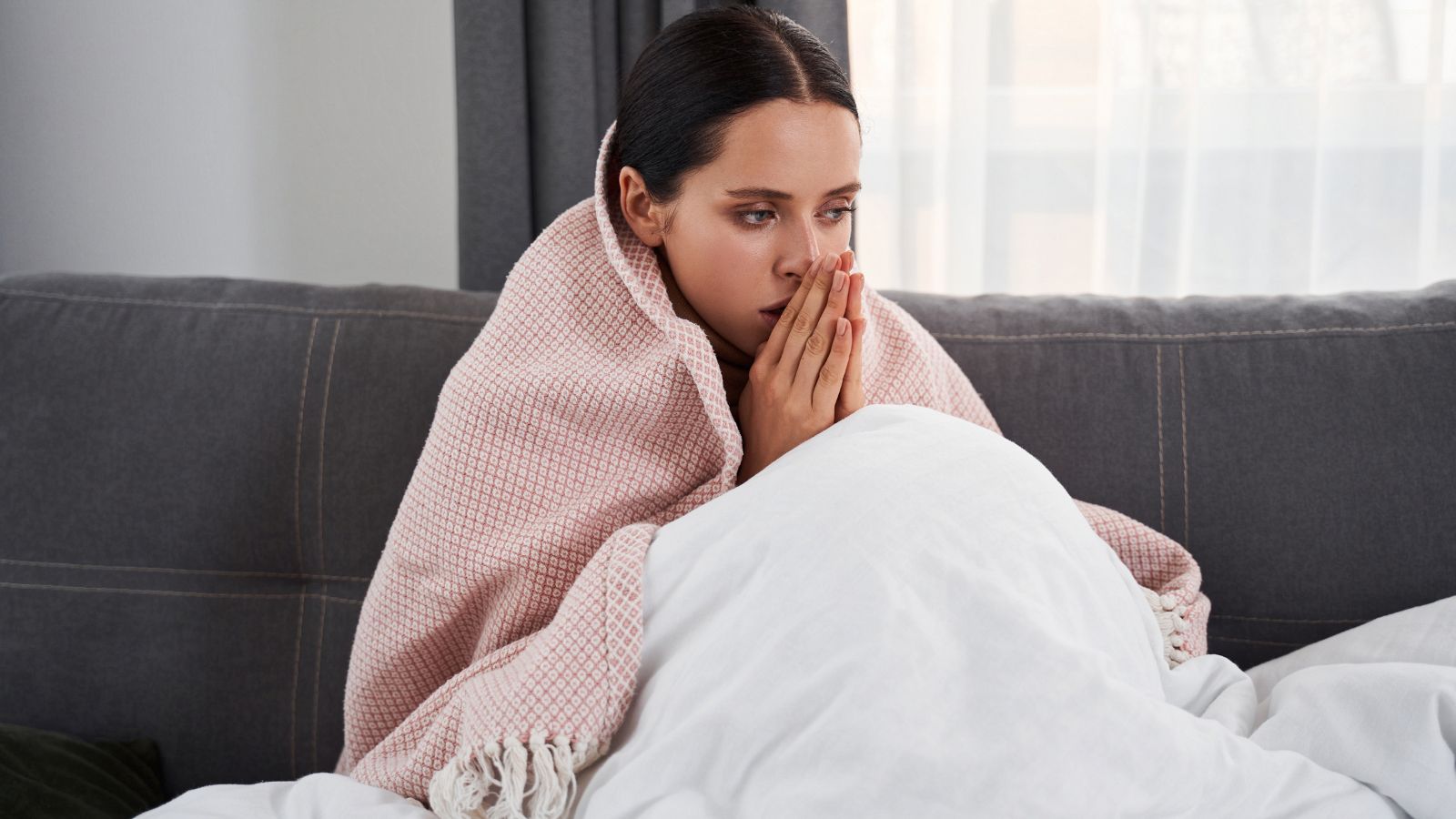
Your immune system weakens with age, making it harder to fight off infections and recover from illnesses. Even the common cold can linger longer than it once did. This reduced immune response means it’s important to take preventive health measures seriously, such as regular vaccinations and health screenings.
Your Sense of Taste and Smell May Dull

As you age, your senses, particularly taste and smell, tend to decline. This can make food less enjoyable and affect your appetite. Some people find that they need stronger flavors to enjoy their meals, while others may lose interest in food altogether.
Eyesight and Hearing Decline
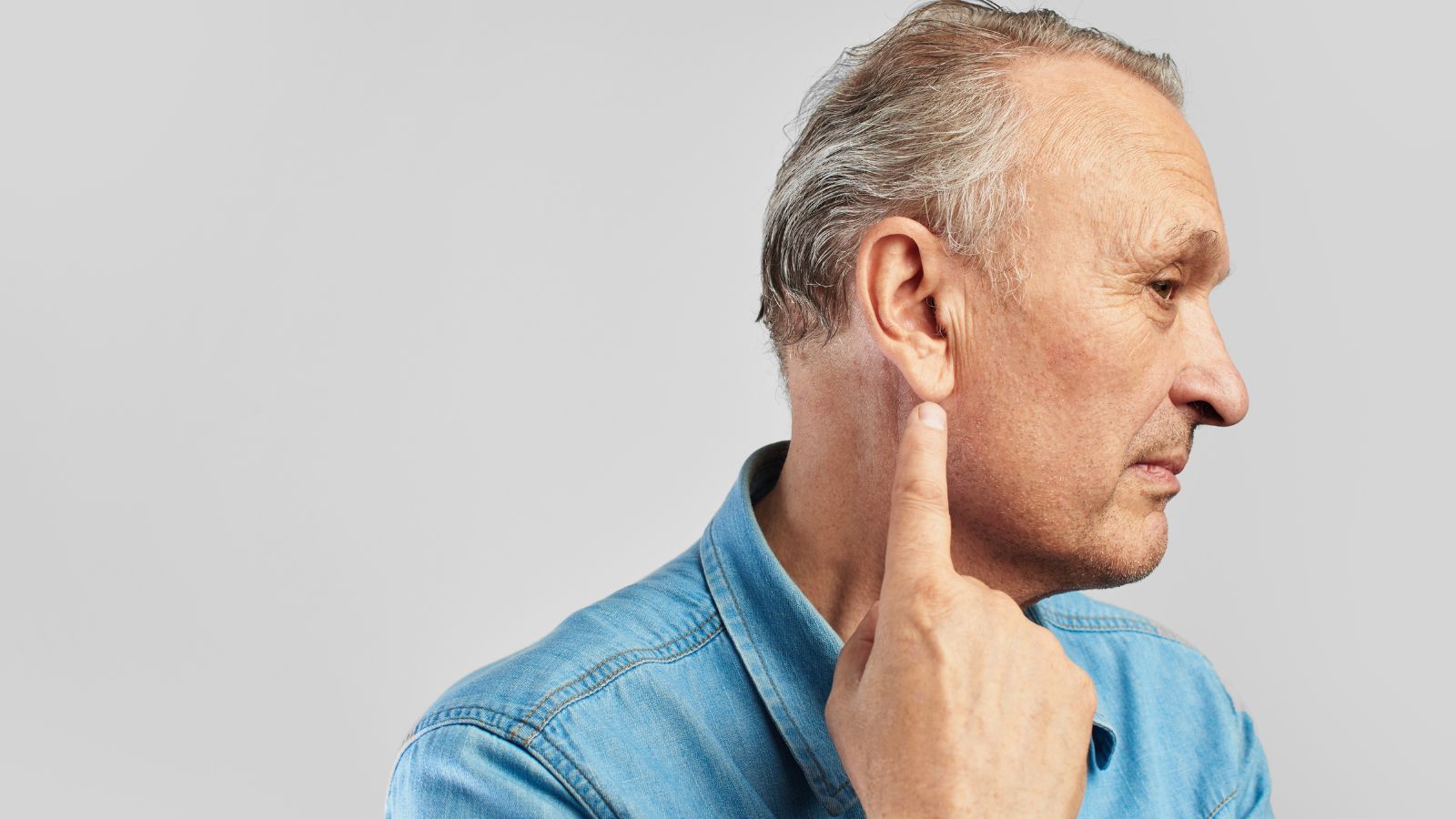
Changes in vision and hearing are among the most noticeable signs of aging. Reading glasses may become a necessity and you may start to struggle to hear conversations, especially in noisy environments. These sensory changes can affect daily activities and social interactions, but assistive technologies can help maintain quality of life.
Financial Insecurity Can Be a Real Concern
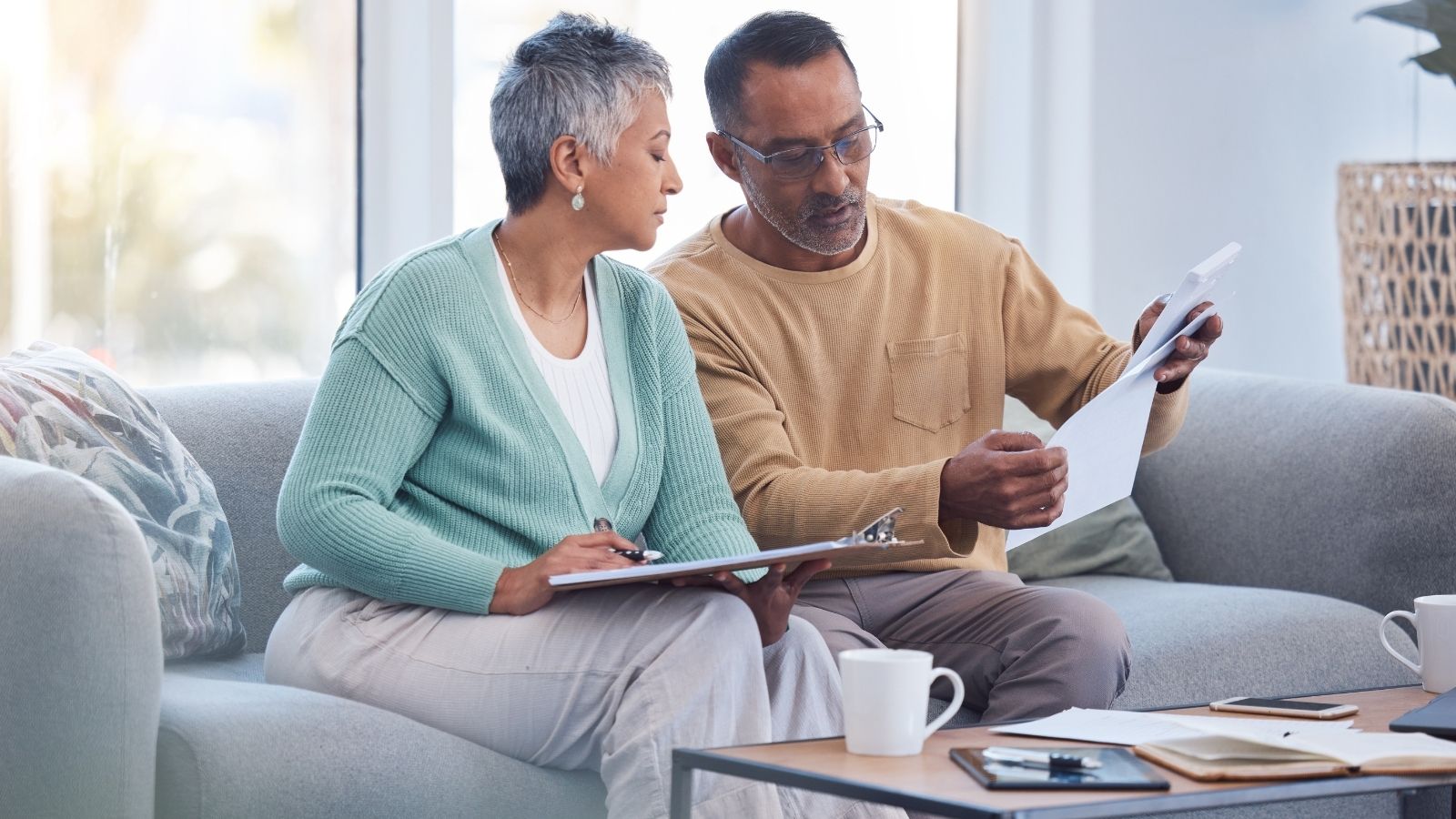
Many people are not financially prepared for retirement and unexpected expenses such as medical bills can strain savings. Without proper planning, the fear of outliving your retirement funds can be a constant worry, highlighting the need for careful financial management as you approach your later years.
Your Hair Thins

Hair thinning is a common part of aging, but it’s not limited to just your scalp. You may also notice thinning eyebrows, lashes, or other body hair. Men may experience more prominent hair loss, while women may find their hair becoming finer and more brittle.
You’ll Become More Emotional

Many older adults report feeling more emotional than they did when they were younger. Hormonal changes, life experiences and loss can heighten emotional sensitivity. This vulnerability is not necessarily negative—it can lead to deeper empathy, gratitude and emotional connections.
Your Appetite for Adventure Might Change

While many people remain adventurous throughout their lives, others find that their desire for risk-taking or trying new things diminishes with age. You may prioritize comfort and security over the thrill of the unknown, opting for familiar routines and environments.
You’ll Need to Actively Focus on Mental Health
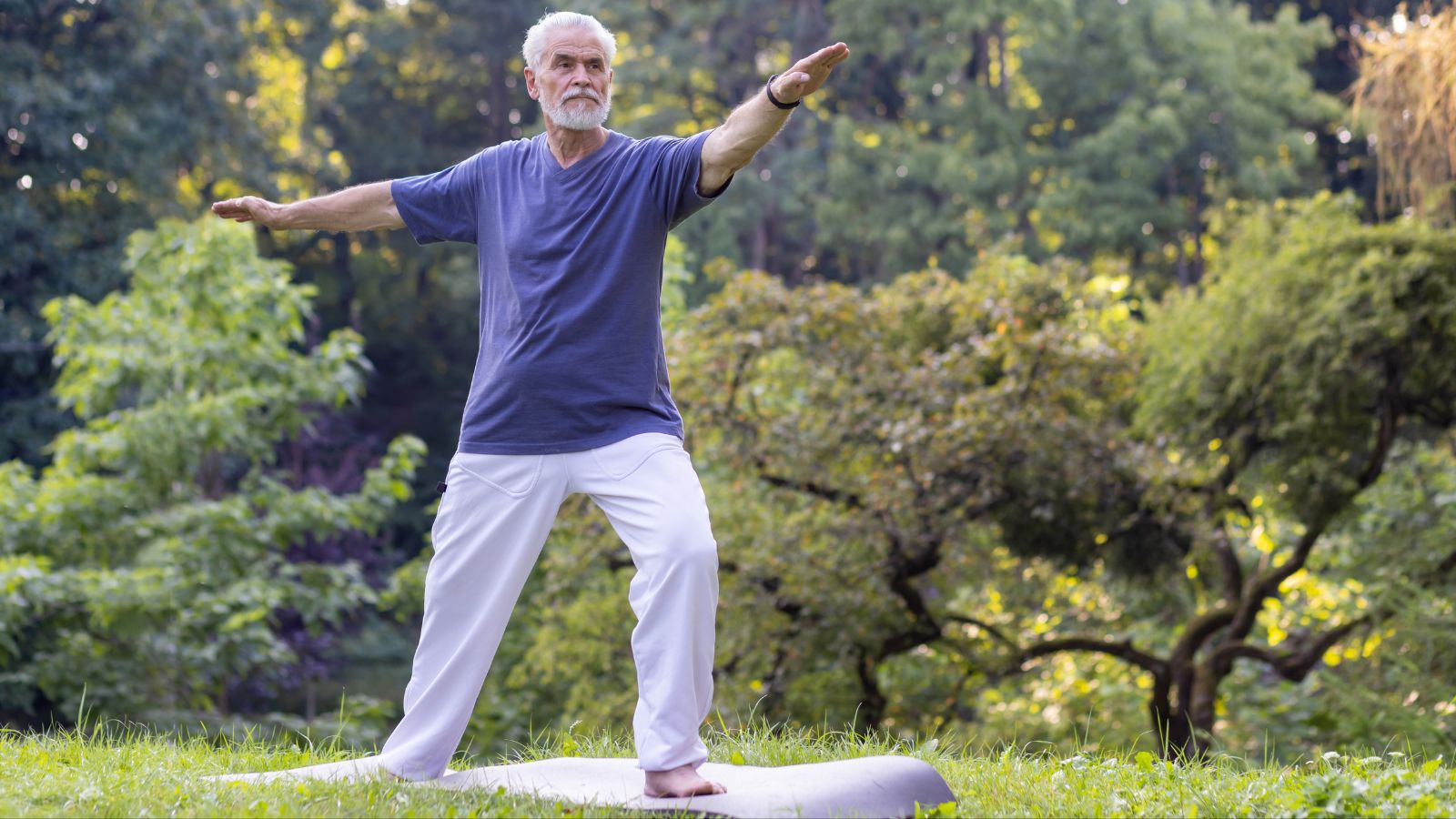
Mental health issues like depression and anxiety can become more prevalent as you age, particularly if you are dealing with loneliness, health issues, or loss. It’s important to prioritize your mental well-being, whether through therapy, mindfulness, or maintaining strong social connections.
18 Reasons Why People Are Leaving Florida in Masses

Exploring factors that impact the desirability of living in Florida, this list delves into various challenges shaping residents’ experiences. From environmental concerns like rising sea levels to economic factors such as fluctuating job markets, these issues collectively contribute to a nuanced understanding of the state’s appeal.
18 Reasons Why People Are Leaving Florida in Masses

Abhishek Ragunath is specialized writer for Trendonomist focusing on topics related to Investing, Money, Technology, Marketing and everything in between. He enjoys hiking, travelling, and is a self proclaimed foodie! He has written for brands including Hashtag Investing, Motely Fool, WallstreetZen & More.
